“Real men don’t cry.”
This mantra has been ingrained in our minds by society, peers and media. Now, loneliness grips all of us tighter than ever before.
United States Surgeon General Dr. Vivek Murthy declared loneliness an epidemic, and it’s hitting men the hardest. An American Perspectives Survey found that men report having fewer friends, with 15% saying they have no close friendships.
But why is this the case?
The rise of social media and the lack of third spaces, areas where people can socialize outside of home and work, have contributed to general loneliness. But for men, there’s a deeper layer to the issue: toxic masculinity. This culture has established guidelines that have been deeply ingrained into society’s expectations for men.
Don’t reveal your feelings. Don’t rely on anyone. Don’t show vulnerability.
These norms dictate how men are supposed to behave and express themselves. Men are expected to embody self-sufficiency and independence.
Asking for help? That’s a sign of weakness – something we can’t afford.
It’s not that men don’t want to express themselves. It’s the fear of what might happen if they do. The constant looming threat of societal shame deters them. Men, chained to the ball of masculinity, are scared to reach out or reveal their feelings of inadequacy.
How do we share them? Who do we even tell these things to?
Certainly not other men. Homophobia creates a stigma surrounding intimacy, where close male friendships are often unfairly labeled as “gay.” This is evident in the mainstream adoption of phrases like “No Homo,” which are used preemptively to defend against challenges to one’s masculinity or heterosexual identity.
This creates a dilemma for some men: either conform to the expectations of the “group” or risk rejection by opening up emotionally. Sharing their struggles could lead to deeper isolation as they face a genuine possibility of being ostracized for daring to go against society by showing vulnerability. This fear only amplifies their loneliness, trapping them in a vicious cycle of silence and emotional suppression.
And society’s message to men is to just suck it up.
But everyone has vulnerabilities and problems. No life is perfect. People, not just men, need to accept that. However, toxic masculinity has pushed men to appear nonchalant, hiding their feelings and struggles underneath a mask of stoicism.
Men can’t be honest with others because they can’t even be honest with themselves. In this way, toxic masculinity silences conversations on sensitive topics, as men can’t have them if they don’t accept their vulnerability. This is why men develop shoulder-to-shoulder friendships. Ones where they walk next to each other and discuss the football game. Ones where conversations about feeling unappreciated are sidelined. Ones where they can’t see face-to-face.
This pressure to put on a facade of strength undermines the ability of men to develop genuine friendships. Meaningful connections require vulnerability. Men need to be able to openly talk about personal issues and feelings and insecurities. Without these elements, relationships are confined to superficiality, lacking the depth and intimacy that true friendship offers.
And the dangers of loneliness are real.
A study by social neuroscientist John Cacioppo found that loneliness impairs critical cognitive functions such as thinking, willpower and perseverance, limiting individuals’ ability to manage emotions. All of these effects combine to ensnare people in self-defeating behaviors that only worsen their fear of isolation and rejection. It becomes a self-perpetuating cycle where eroding social skills and confidence further contribute to feelings of loneliness.
The societal implications of male loneliness render people susceptible to exploitation by influencers like Andrew Tate and Joe Rogan. These figures exploit the male social vacuum by providing “red pill” solutions. They scapegoat issues onto sources like women, the Matrix and laziness, fanning the flames of loneliness to ignite them into resentment and misogyny.
But all of this isn’t to dismiss the validity of loneliness faced by women and other marginalized groups. We can be worried about multiple issues at the same time. The loneliness epidemic is distinct among men, not only due to societal perceptions but also because of the unique challenges that men encounter in seeking support and understanding.
This needs to change.
To mend this, we must overhaul societal perceptions of male intimacy. Easier said than done. However, it’s a transformation that begins with each individual recognizing their role in society. By collectively embracing change, we can gradually reshape societal norms.
Parents play a crucial role by refraining from perpetuating hyper-masculine ideals, such as discouraging their children from expressing themselves with phrases like “boys don’t cry” and “be a man.” Such attitudes only make men bottle up their emotions and hinder healthy coping mechanisms.
When people are denied the opportunity to be vulnerable, navigating their mental and emotional responses becomes significantly more challenging. This, in turn, makes developing deep friendships all the more difficult. It’s crucial to promote an environment where vulnerability and mutual support among men are not only accepted but encouraged.
A culture where men embrace, not erase, their emotions.
A culture that accepts men for who they are.
A culture where real men can cry.

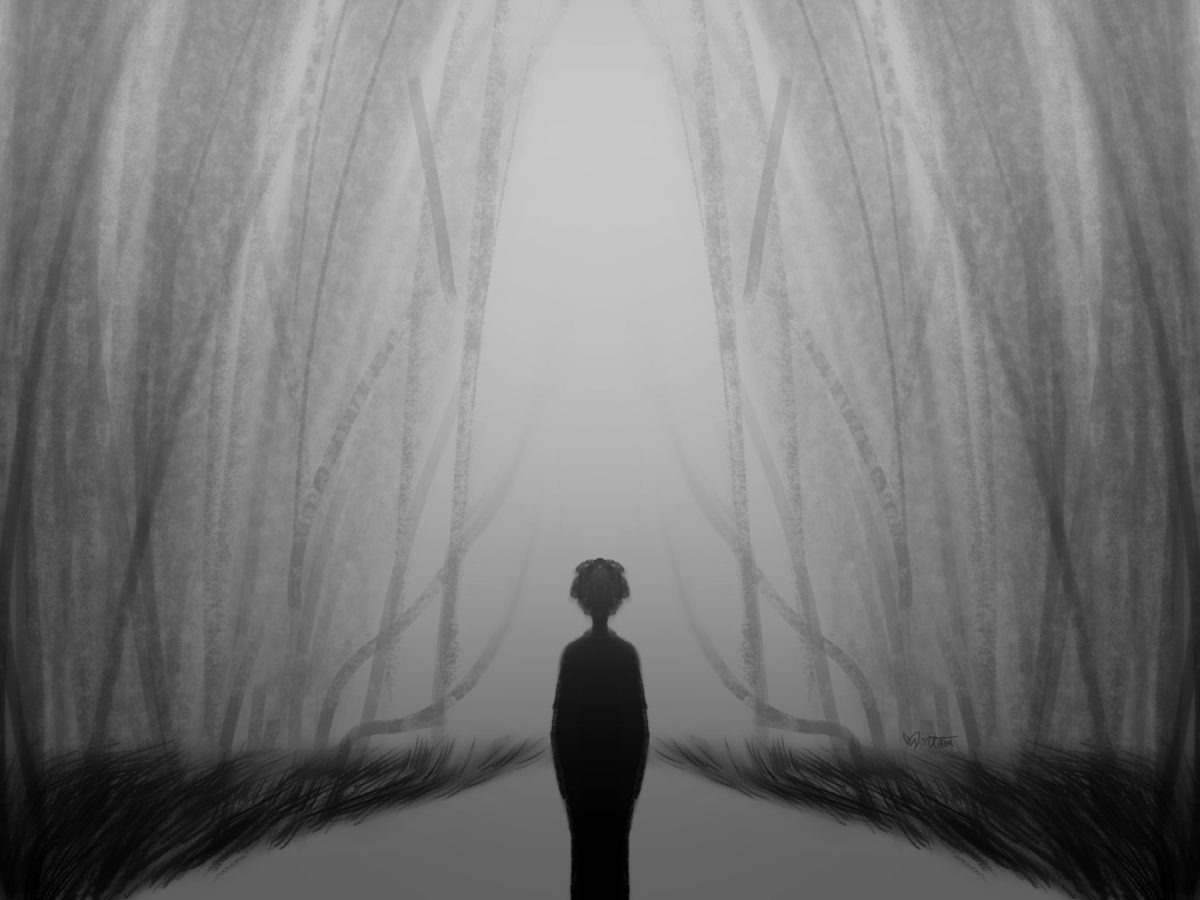



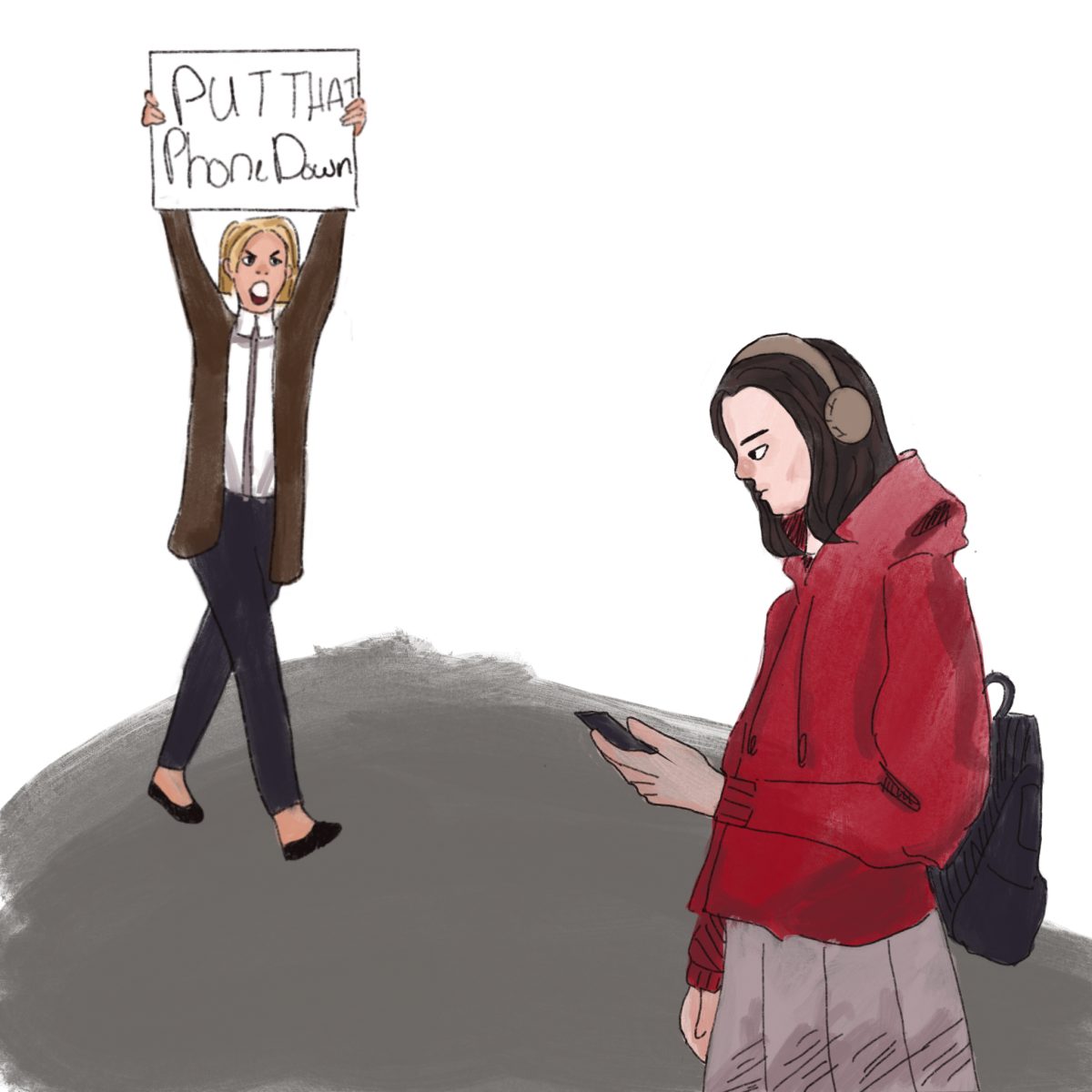
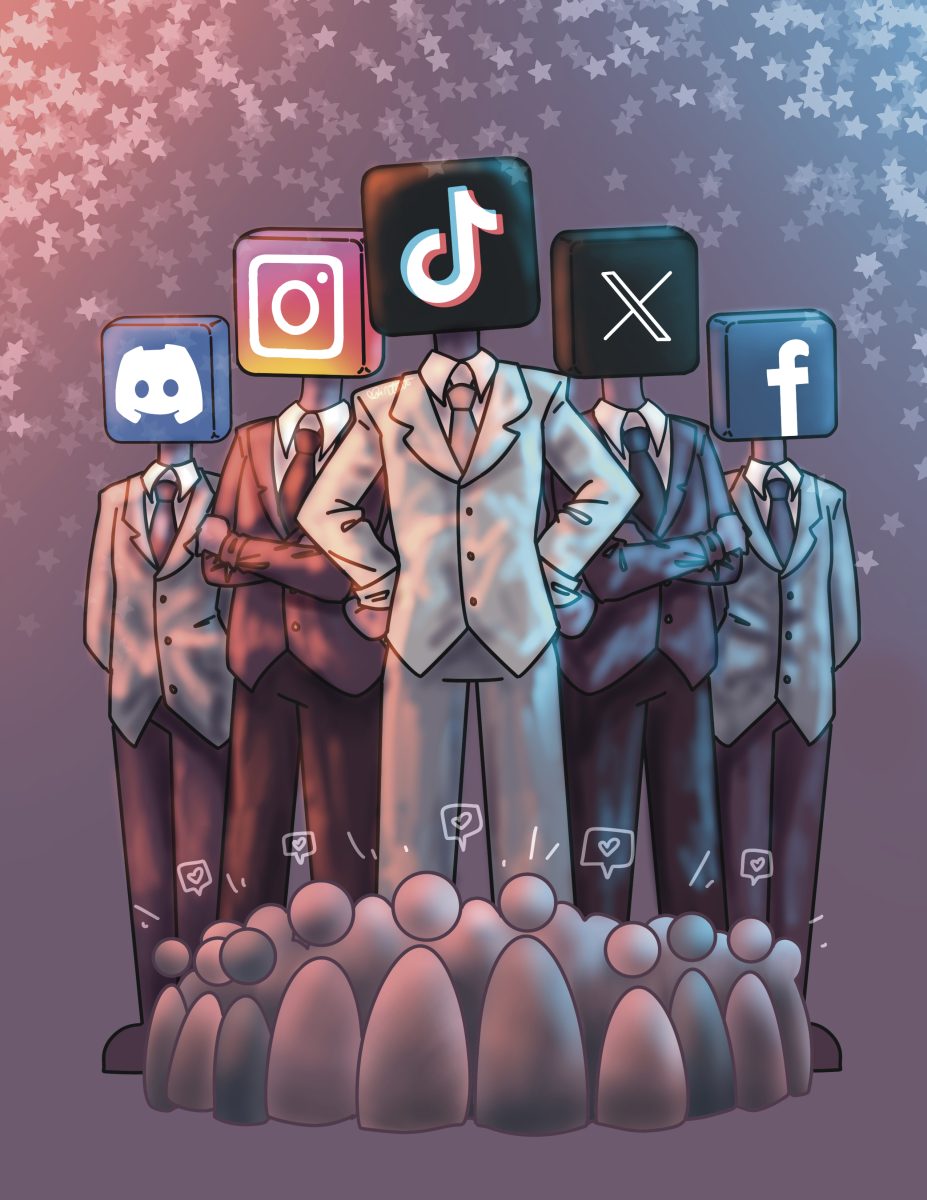
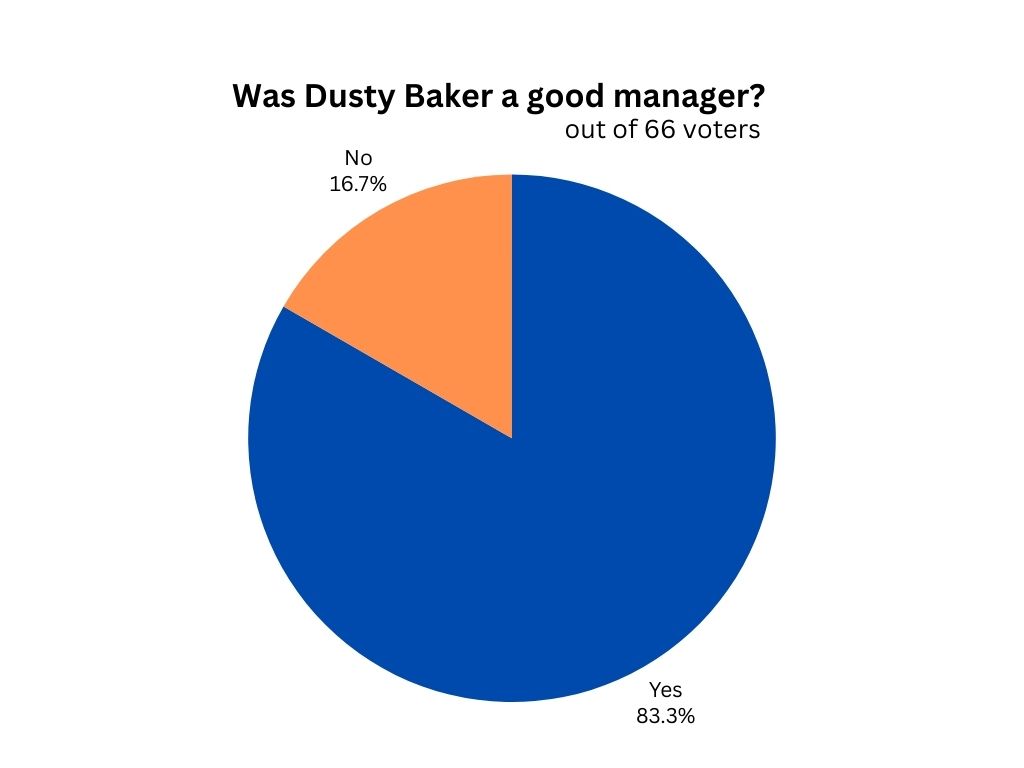
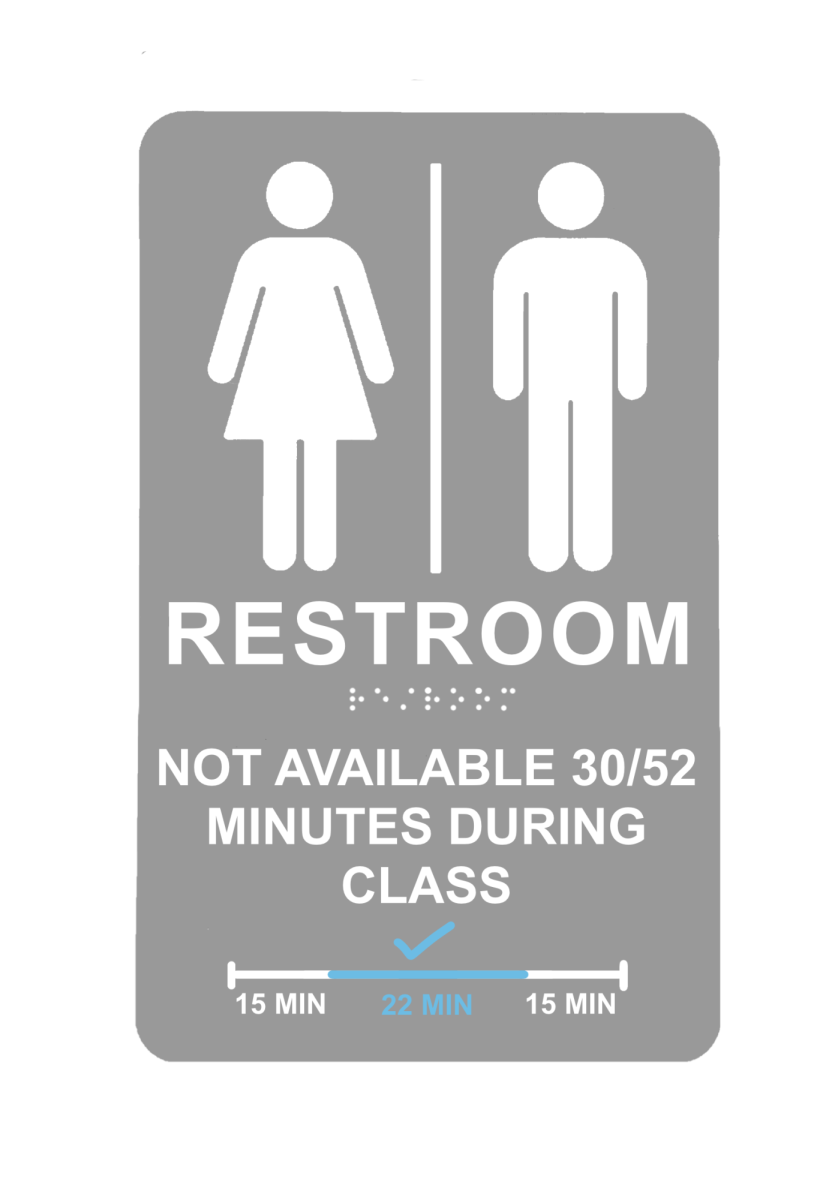

Helen Beebe • May 29, 2024 at 11:57 am
Beautifully delivered with raw emotion.
Johanna Wen • May 14, 2024 at 1:52 pm
Love the detail, links, and your voice! Amazing story!!
Roy Choy • May 4, 2024 at 3:30 pm
The loneliness epidemic is not distinct among men; women have the same problem but through different societal expectations and to different degrees. There is the sink or swim mentality by being in shallow cliques and/or resorting to social media, material goods, video games, doom scrolling, junk food, lack of green space, school busy work, etc. just like men have. Unfortunately, it is society’s system and structure that is leading to this type of culture in the first place and not the other way around. I argue that toxic masculinity plays less of a role compared to these factors in male loneliness. It is healthy to express your feelings but bathing in your misery will only make your life worse. People need to be aware of all these distractions and pitfalls in society and do their best to lead an earnest and admirable life because nobody knows where the hell they’re going.
Tejeshwar Jayaram • May 2, 2024 at 11:55 pm
W article! Good Job Andrew!
Jason Chen • May 2, 2024 at 10:18 pm
Andrew coming out with another banger????